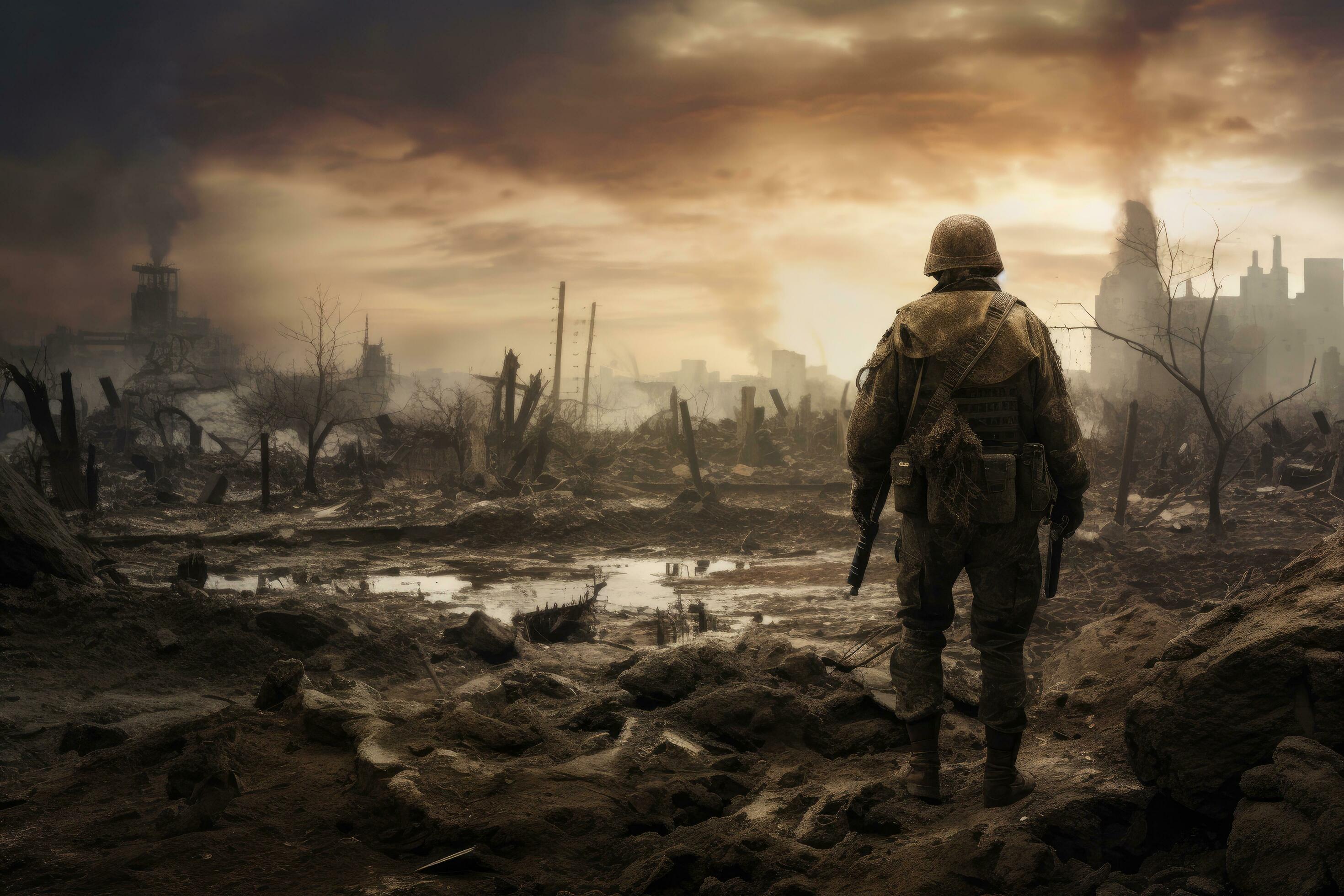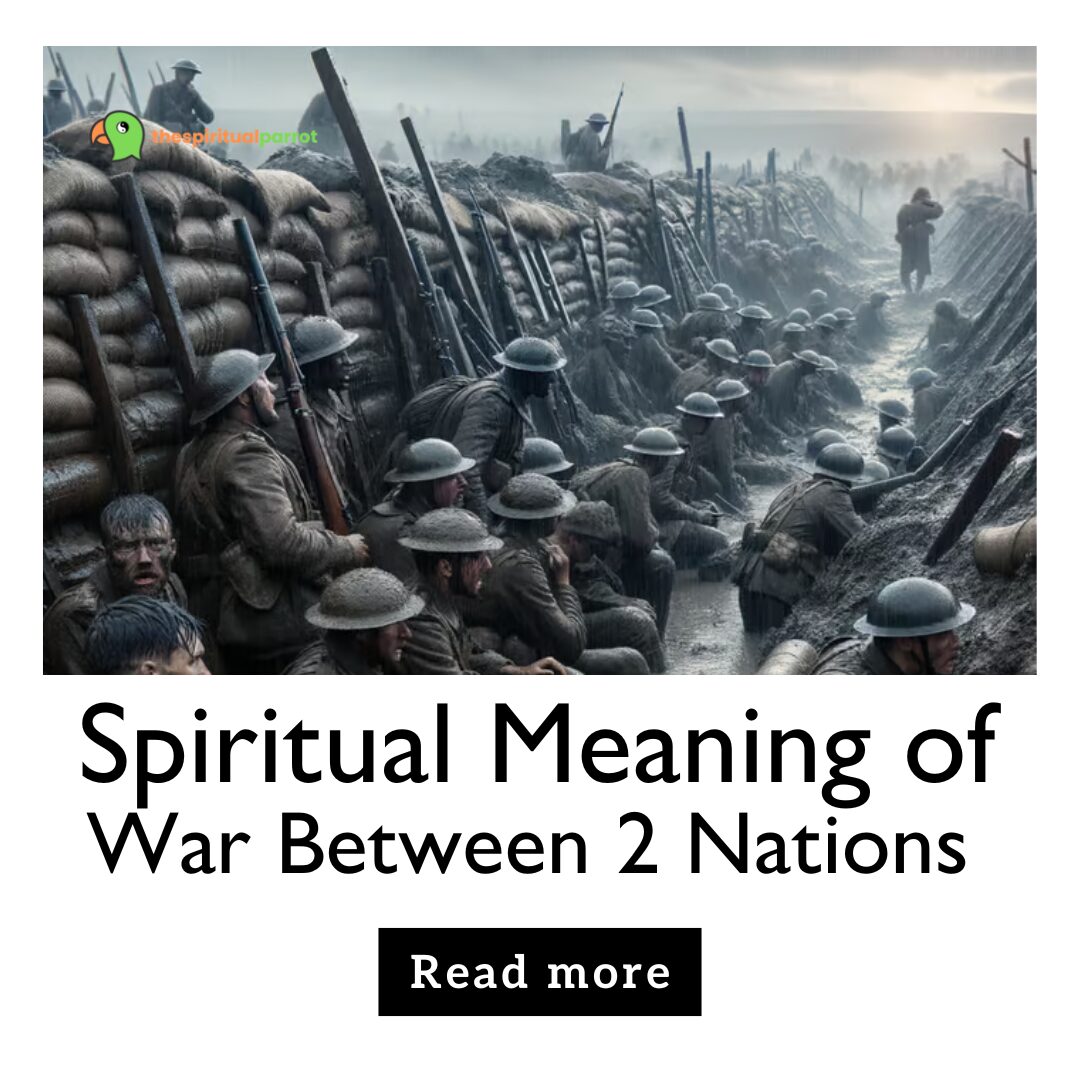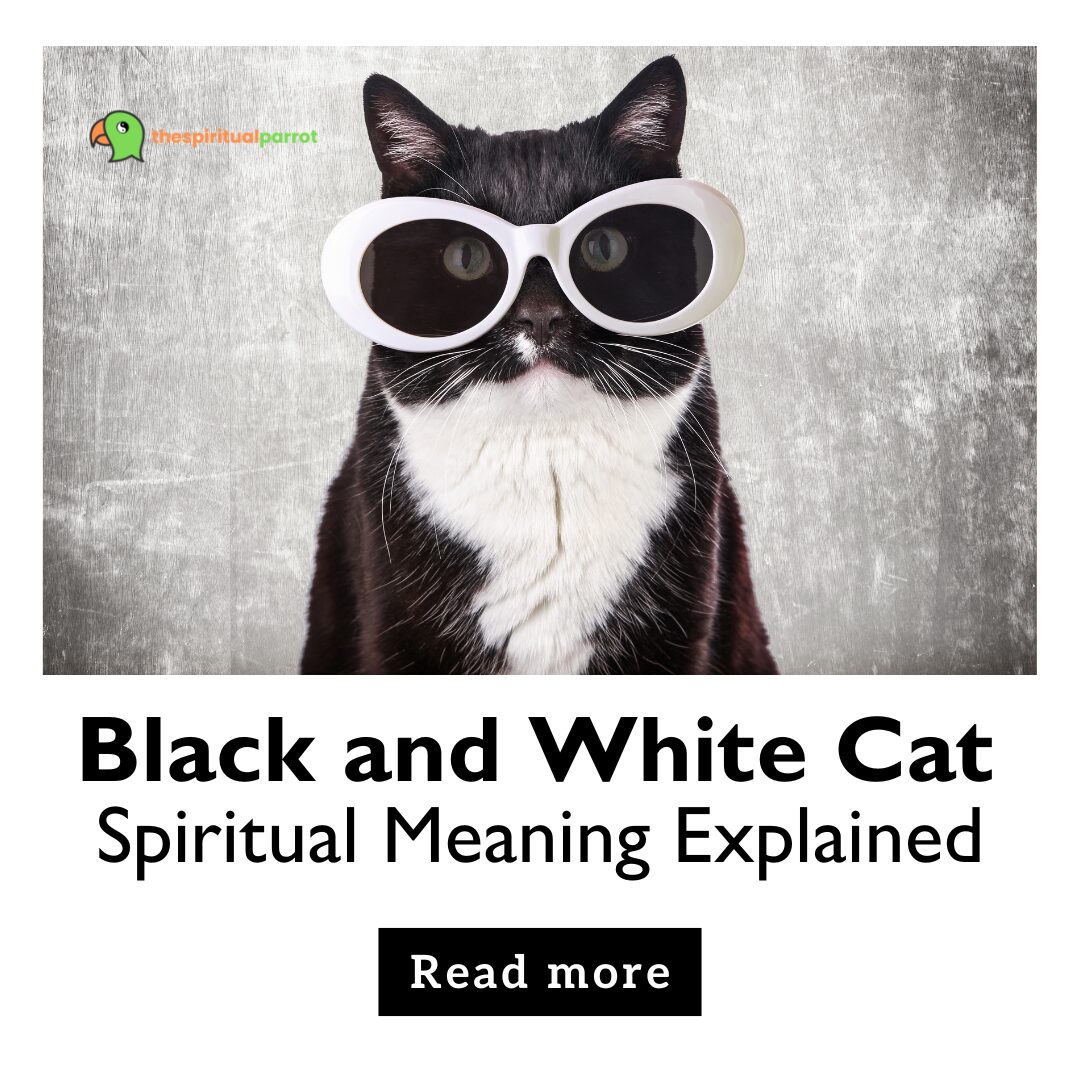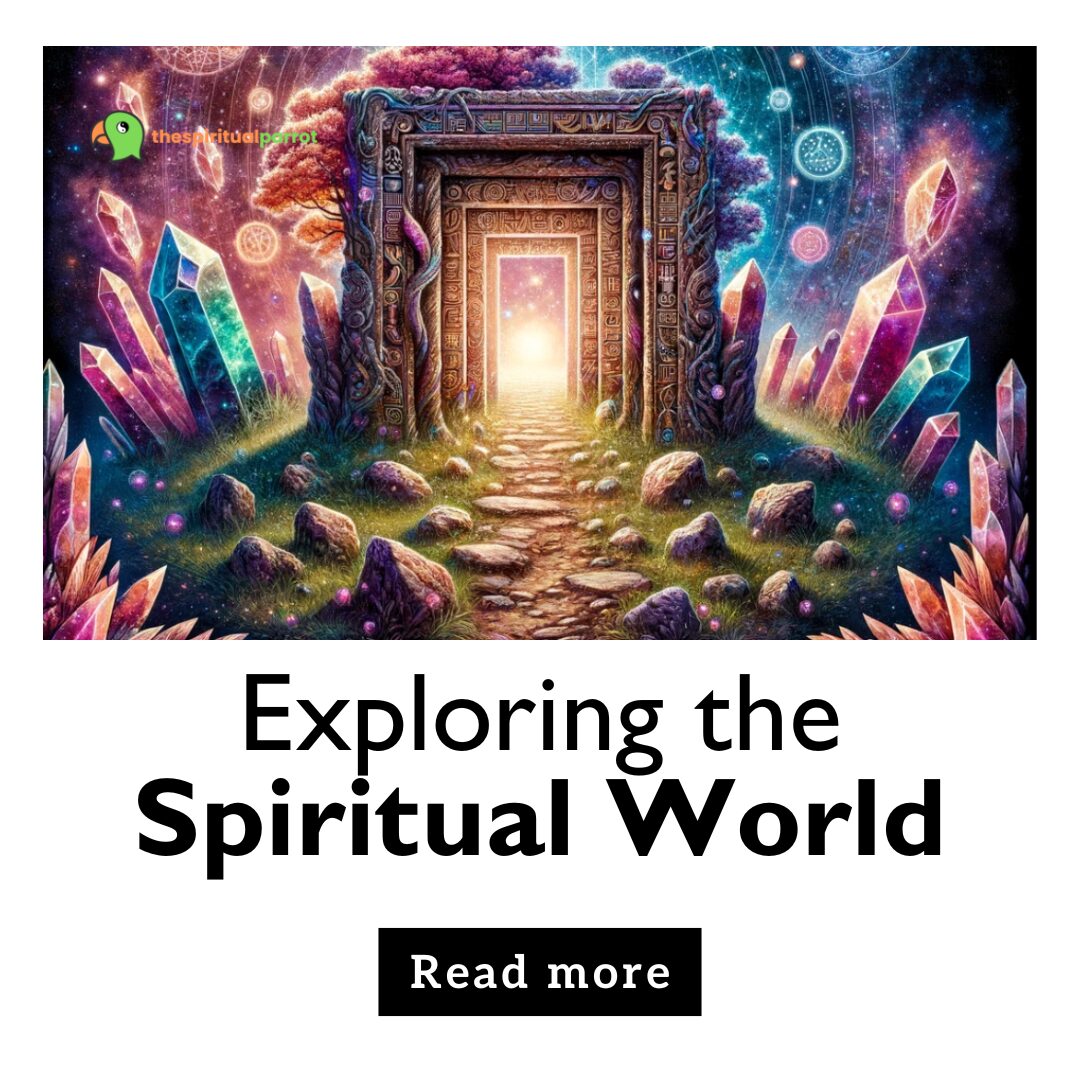Exploring the spiritual meaning of war isn’t about making peace with violence. It’s about understanding what such collective chaos reveals about the human condition, about karma, and about how far we’ve come — or haven’t — in our shared evolution.
War between nations shakes the very fabric of humanity. It destroys cities, tears apart families, and sends waves of fear and grief across borders — even into the hearts of those watching from afar. On the surface, it’s about power, politics, territory. But at a deeper level, something else is at play — something less obvious but spiritually significant.
What if conflict between nations isn’t just a geopolitical event, but a mirror? A magnified reflection of the fears, wounds, and divisions that exist within us all?
This post doesn’t seek to offer answers. It seeks to offer insight — a way to hold space for war without glorifying it, to witness suffering without spiritual bypassing, and to ask the hard but important question: What is war trying to teach us?
War as a Reflection of Collective Human Energy
War doesn’t erupt from nowhere. Long before the first weapon is fired, the ground beneath nations shifts — not just politically, but energetically. War often begins as an unspoken buildup: generations of pain, identity clashes, spiritual disconnection, and fear slowly accumulating beneath the surface.
Spiritual meaning of war is not only a human crisis — it’s a collective energetic rupture. It reveals unresolved tension, karmic imbalance, and the deeply embedded shadow of humanity itself. What we see between countries is often a magnified version of what plays out within individuals and communities on a smaller scale: projection, separation, fear of “the other,” and the need for control.
The Unseen Energies Behind Armed Conflict
Before borders are breached, energies clash. Collective emotions like anger, pride, vengeance, and fear begin to dominate. These aren’t just psychological — they’re vibrational. Entire populations can absorb and reflect these frequencies, influencing the energy field of a nation.

Some spiritual traditions speak of “national auras” or “energetic imprints” left behind by past trauma — wars, invasions, revolutions. When these imprints remain unresolved, they can become volatile. Left unhealed, they rise again — through leaders, through movements, through war.
This doesn’t excuse violence. It explains how subtle energies left unacknowledged can erupt in explosive ways.
Shadow Projection on a Global Scale
Just as individuals project their disowned traits onto others, nations do the same — projecting their fears, insecurities, and need for dominance onto “enemy” countries.
Spiritual meaning of war is often about projection of collective shadow — the parts of humanity we don’t want to face: greed, helplessness, tribalism, superiority. When we don’t do the inner work of integration, those energies don’t disappear. They simply look for a bigger stage.
That’s why the spiritual meaning of war starts with awareness. Until we can collectively name the energies we fear, we’ll keep repeating them — on battlefields instead of within ourselves.
The Spiritual Meaning of War Between 2 Nations
War between nations is often seen as a collapse — of diplomacy, of morality, of peace. But beneath the smoke and noise lies something more ancient, more archetypal. When two nations clash, the battlefield becomes a mirror. A magnified reflection of human duality: shadow and light, destruction and awakening, power and surrender.
The spiritual meaning of war between two nations doesn’t justify conflict. It reveals the deeper dynamics playing out beneath it — karmic entanglement, soul-level lessons, and collective patterns that force humanity to confront itself.
Conflict as a Catalyst for Awakening
Paradoxically, many people find their first true connection to spirit not in moments of joy, but in crisis. War shakes the foundation of identity, control, and safety — and when those crumble, people begin asking deeper questions: What really matters? Who am I without my nation, status, or certainty?
In this way, war can act as an uninvited spiritual teacher. It strips away illusions and confronts individuals and societies with raw truths. In the ashes of what’s been lost, people often awaken — to compassion, to courage, to the presence of something greater.
Spiritual traditions have long held that destruction precedes rebirth. The tower must fall for the ground beneath it to be seen. When war breaks systems down, it sometimes clears the space for something far more conscious to emerge.
Duality in Action — Light and Shadow on Both Sides
It’s tempting to divide nations into heroes and villains. But from a spiritual lens, the truth is more complex. Both sides carry light. Both sides carry shadow. And often, both are acting out ancient patterns that go beyond the current generation.
One country may appear to defend peace, while another seems to attack — but look deeper, and you’ll often find wounds on both sides: fear of erasure, cycles of revenge, old betrayals that were never truly healed.
The spiritual meaning of war between nations is less about who’s “right” and more about what unresolved energy is rising to the surface. Until it’s acknowledged, it will keep finding form — through leaders, movements, and history repeating itself.
Karma, Ancestry, and Repeating Cycles
Every war carries a backstory that stretches far beyond policy and provocation. Often, the roots are buried deep in collective memory — in colonization, exploitation, trauma, and ancient betrayal. These memories, especially when unacknowledged, don’t disappear. They linger in the energy fields of nations, communities, and families — waiting to be resolved or repeated.
That’s where karma comes in.
From a spiritual lens, karma isn’t just about punishment or reward. It’s about unresolved energy returning to be balanced. When war erupts, it may be the loud expression of imbalances left unhealed across generations.
Generational Wounds Resurfacing
When two nations go to war, it’s not just governments or leaders clashing — it’s often ancestral wounds speaking through modern voices.
- A country once colonized may still carry inherited fear, grief, or rage
- A dominant power may act from unconscious guilt, superiority, or entitlement
- Old treaties broken, land stolen, dignity denied — none of it is “over” until it’s seen
These emotional imprints get passed down. Even if no one talks about them, they shape the national psyche. And when two nations with unresolved karmic history collide again, war becomes a way those energies return to the surface — often violently.
Soul Contracts and Collective Lessons
Some spiritual perspectives go even deeper: that entire communities or nations may choose, at the soul level, to experience war in order to awaken, evolve, or complete a lesson that cannot be learned through peace alone.
This isn’t to spiritualize suffering or make it “okay.” But it does suggest that behind the physical violence, there is a deeper curriculum — one that may involve:
- Learning forgiveness on a national scale
- Rebuilding from ruin with unity instead of division
- Choosing peace consciously, after having known its opposite
The spiritual meaning of war in this context is tied to growth — growth that is painful, involuntary, and often only understood years or decades later.
What Can We Spiritually Learn from War?
No matter how brutal or unjust a war may be, it carries lessons — not just for nations, but for humanity as a whole. When we zoom out spiritually, war becomes more than a crisis. It becomes a catalyst for transformation — revealing the deepest truths about who we are, what we fear, and what we’re still unwilling to face.
The spiritual meaning of war asks not “Who started it?” but “What is this trying to teach us?” What is being exposed — in leadership, in community, in the human spirit?
Humility, Surrender, and Non-Attachment
War humbles even the strongest. It forces people to surrender expectations, to face impermanence, and to realize that nothing — not identity, not control, not even peace — is ever fully guaranteed.
This spiritual surrender isn’t weakness. It’s a kind of awakening.

Faith-based traditions often emerge stronger after war, because people begin to search for something unshakable. When outer systems collapse, the inner world must strengthen — through prayer, presence, or letting go of ego.
In this way, war strips away false identities and illusions of control, teaching:
- Let go of what no longer serves
- Be present, even in chaos
- Recognize the limits of power and pride
Unity Through Empathy
War makes it easy to dehumanize “the other.” But for those paying attention, it can also break that illusion. Images of suffering don’t come with passports. Pain, loss, and fear sound the same in every language.
One of the deepest spiritual meaning of war is remembering our sameness — that beyond flags, accents, and ideologies, we are all vulnerable, searching, and deeply human.
Those who awaken during war often carry the torch of peace forward. Not because they were spared suffering — but because they truly saw it.
What War Reveals About Us
Even if you’re far from the frontline, war affects you. It seeps into your newsfeed, your conversations, your emotions — and if you’re spiritually aware, your energy field too. Watching nations collide can stir up feelings you didn’t expect: rage, helplessness, numbness, fear. And all of that means something.
From a spiritual perspective, how you respond to war reveals where your inner work still lives. The war may be external, but the impact is internal. And that’s not a coincidence — it’s an invitation.
Your Response to War Is a Mirror
Do you react with anger? Check your sense of justice.
Do you freeze or avoid the topic? Explore your relationship with fear.
Do you feel overwhelming sadness? You may be deeply empathetic — or carrying unhealed grief of your own.
None of these reactions are wrong. But they’re worth observing.
The spiritual meaning of war includes its effect on the individual soul — not just those who fight, but those who feel. That emotional weight might be a call to:
- Examine your own inner conflict
- Explore where you project judgment or superiority
- Understand your triggers through the lens of compassion
Even reading about war can become shadow work — if you’re willing to look inward instead of away.
Grounded Spiritual Action
Spiritual awareness doesn’t mean detachment or denial. It means holding presence — without collapsing into fear or bypassing reality.
Here are a few ways to respond to global conflict spiritually and responsibly:
- Pray for both sides — not as enemies, but as souls in pain
- Visualize peace — not just silence, but truth and understanding
- Protect your energy — limit overexposure to media while staying informed
- Donate or support consciously — from a place of love, not guilt or panic
Small actions matter when done from a spiritually aligned place. You may not stop a war — but you can choose to not let war harden your heart.
War as a Mirror — And a Spiritual Test
There is no such thing as anything but tragedy when war breaks out between nations; it destroys land, lives and any semblance of collective peace. But if you look at it through spiritual eyes, it’s also a mirror. One that mirrors our darkness, our dependencies, our unhealed pain, our lost unity.
The spiritual meaning of war is not that we should spiritualize violence or be aesthetes of suffering. It’s asking: What are we being shown? What aspect of our collective global consciousness is screaming out for healing, for integration, for compassion?
Testing us in war — not just as countries, but as people:
- Can we keep focused when it’s so much easier to go numb?
- Can we keep that pain without losing ourselves in it?
- Can we mourn without finding hate in our hearts, and can we hope without self-deception?
After all, war is not simply the failure of diplomacy. And it’s a breakdown of connection. And the spiritual path forward will never come only through force — but through a greater awakening, forgiveness, and the profoundly sacred, harrowing choice to remember that we are not separate.
May we rise up, not with vendetta, but with vision. Let us hear more than we speak. And may we — wherever we are — elect peace as a daily, conscious decision.













